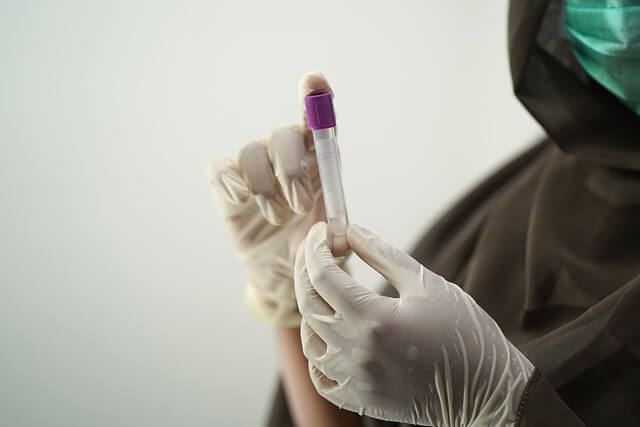At the International Alzheimer’s Congress (AAIC) in Amsterdam, clinicians and researchers from around the world unveiled new guidelines for diagnosing Alzheimer’s disease. These guidelines propose the use of blood biomarkers, similar to the diagnostic approach for diseases like diabetes and cardiovascular disease.
Recent research has developed a blood test that shows promising results for detecting Alzheimer’s disease. Professor Charlotte Teunissen, a neurochemistry expert at Amsterdam UMC and a contributor to the new guidelines, stated that this new generation of biomarkers allows for more effective detection of Alzheimer’s disease. While the test has been successfully used at Alzheimer’s centers, the goal is to implement it more widely after referrals from general practitioners.
A study conducted by Amsterdam UMC and Alzheimer Nederland revealed that many individuals with cognitive symptoms desire a diagnosis to gain control over the next phase of their lives. Diagnosing Alzheimer’s through blood biomarkers not only fulfills this desire but also acts as a gateway to treatment. Additionally, blood tests are relatively inexpensive and can be conducted in various settings. Previously, only specialized clinics could perform proper blood analysis for diagnosis, but the availability of biomarkers has made this analysis more reliable than primary care physicians’ assessments.
Moreover, the blood test is less stressful for patients compared to current diagnostic methods, which involve invasive lumbar punctures or expensive PET scans to analyze cerebrospinal fluid. It is expected that these methods will soon become less necessary in diagnosing Alzheimer’s disease.
The new guidelines, developed by an international committee of practitioners and researchers on behalf of the International Alzheimer’s Association and the American National Institute on Aging, mark a significant shift in Alzheimer’s diagnosis. The previous definition relied on identifying brain pathology and cognitive decline as manifestations of the disease. However, the new guidelines prioritize the use of biomarkers for diagnosis, given the development and clinical validation of more biomarkers with excellent diagnostic performance.
This updated approach to Alzheimer’s diagnosis is particularly relevant as targeted therapies like lecanemab have already received approval in the United States. These drugs are currently undergoing review by the European Medicines Agency (EMA). The new guidelines align with the evolving landscape of Alzheimer’s treatment and research.

